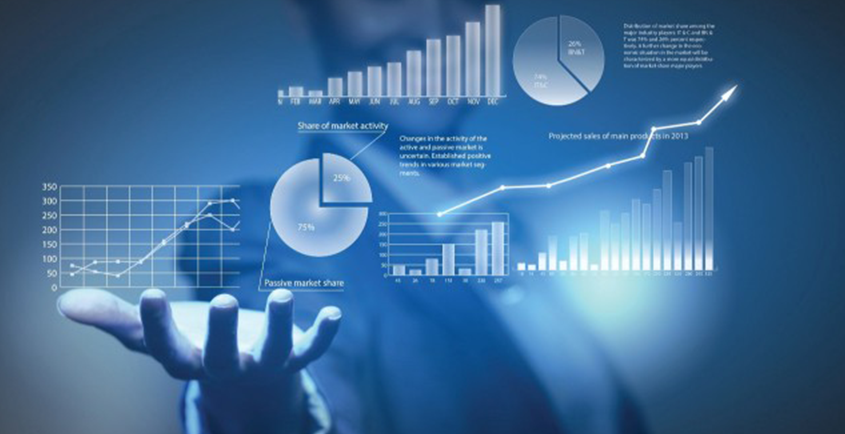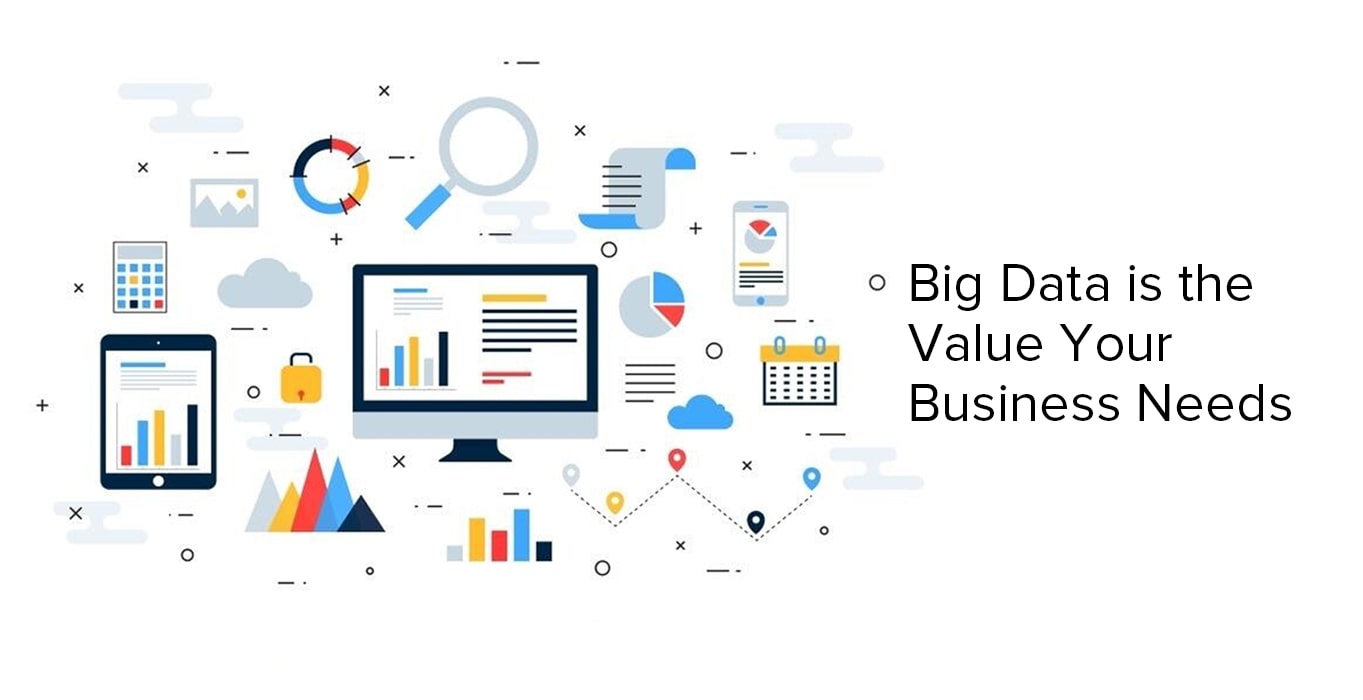- Collect and communicate the economic benefits, both internal and external, of the data generated by your organization’s processes.
- Offer to be involved in all strategic plannings to successfully integrate data and analytics within all operations.
- Document the results, measure the value of information and communicate the benefits of this asset to help provide that necessary push to the organization towards a shift in the culture that accepts data as an asset.
- Move towards the next step by hiring, licensing, or developing advanced analytics competencies, like data science and machine learning. Make sure that you can get them fully embedded throughout your business.
Information is the most crucial asset for modern business. It is the differentiator for organizations aiming to adopt digital transformation in their business processes. Data drives the decisions and analytics sorts the data to provide the right information and help decision making.
While the relationship between data and analytics is as straightforward, their combined relationship with digital transformation gives them a key position in the current digital nature of businesses worldwide.
Data and analytics are key components of a business’s rate of growth. However, more than 50% of global businesses are not yet using these tools to their full potential to deliver business value.
Here, the need to classify data as an asset and analytics as a necessary competency increases significantly for the business.
In this article, we discuss in detail how businesses can make the switch to digital transformation using their own data and analytics.
The Switch to Data and Analytics for Digital Transformation
The collecting of relevant data for results is often overlooked in analog procedures and old business structures, which in turn disables the analytics part of growth. Digital transformation relies heavily on data collection and analysis to provide deeper business insights. The switch from traditional, obsolete, and slow systems to digital solutions is how the modern business is keeping pace with the changing needs of the market and data is crucial to make this switch.
Many businesses, however, are hesitant to make the switch for a variety of reasons. It could be a lack of understanding of data’s potential or the organization’s current issues that are keeping it from making a move to the information environment.
When you compare these factors with the advantages of digital transformation supported by data and analytics, you’ll see how this new way of working has the potential to become the focal point for all of your organization’s strategy, execution, and investments. Here is how you, as a business owner or stakeholder can begin the adoption of data and analytics in your business.





